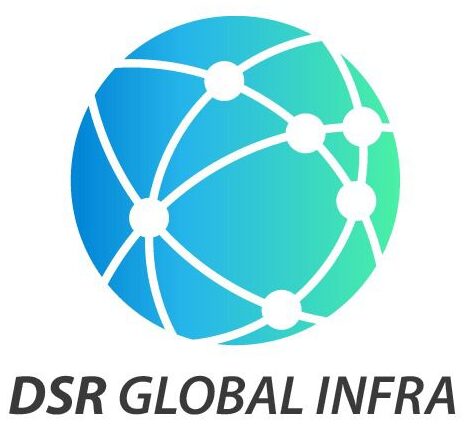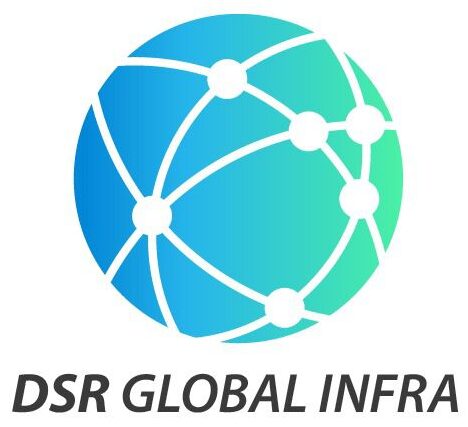In the procurement phase, materials, equipment, and services necessary for the project are sourced and acquired. This involves selecting reliable suppliers, negotiating contracts, and managing logistics to ensure timely delivery of high-quality components. Effective procurement strategies are essential to avoid delays and cost overruns. This phase also includes managing the supply chain to maintain the project schedule and budget.
The construction phase is the execution of the project on-site. It involves mobilizing resources, site preparation, and the actual building process. This phase is managed by experienced construction teams who oversee all activities to ensure they align with the project’s design and specifications. Quality control and safety are paramount, with regular inspections and monitoring to address any issues promptly. The goal is to deliver a finished project that meets all performance criteria and quality standards.
Throughout an EPC project, project management is a continuous and critical element. It involves coordinating activities across all phases, managing budgets and schedules, and ensuring effective communication among all stakeholders. Risk management is also a key aspect, identifying potential risks early and implementing strategies to mitigate them.
Upon completion of the construction phase, commissioning and start-up processes are initiated. These include testing all systems and equipment to verify they operate as intended. Any necessary adjustments are made to ensure optimal performance. The project is then handed over to the client, often accompanied by training and documentation to ensure smooth operation and maintenance.


